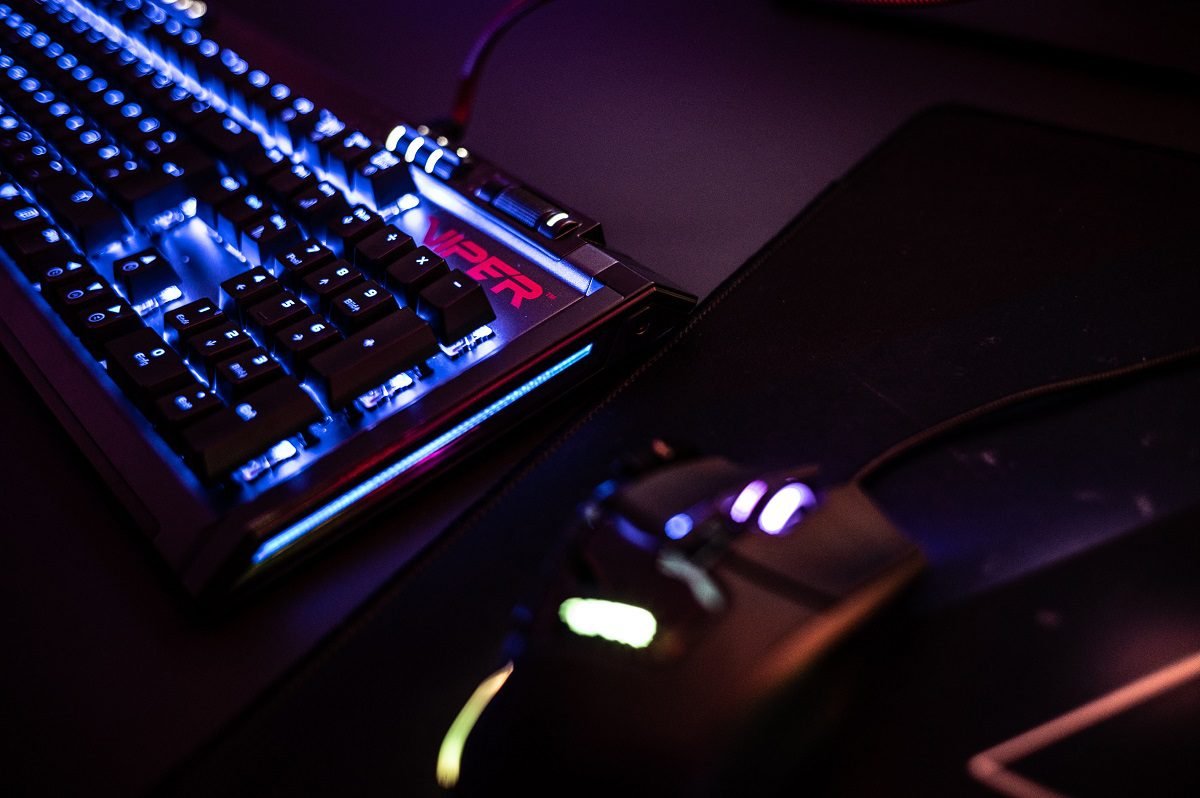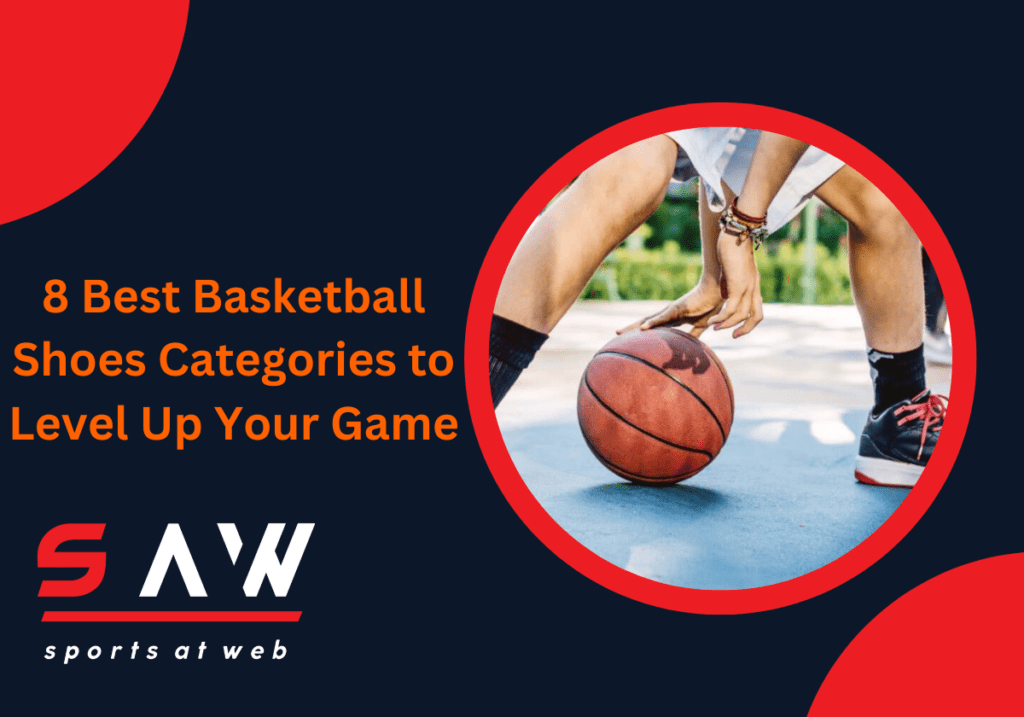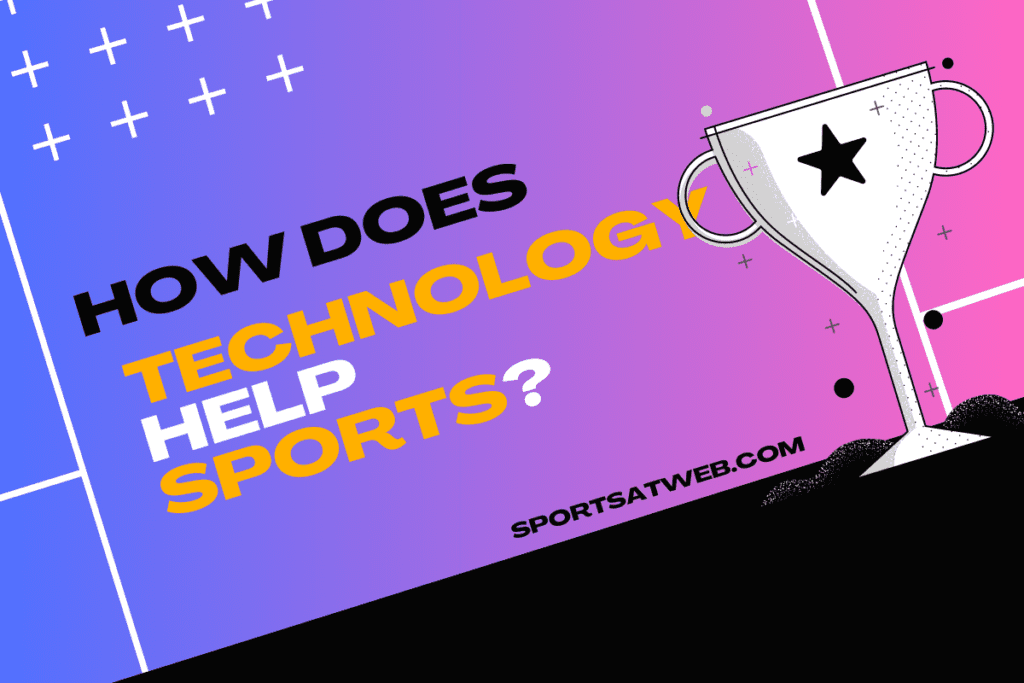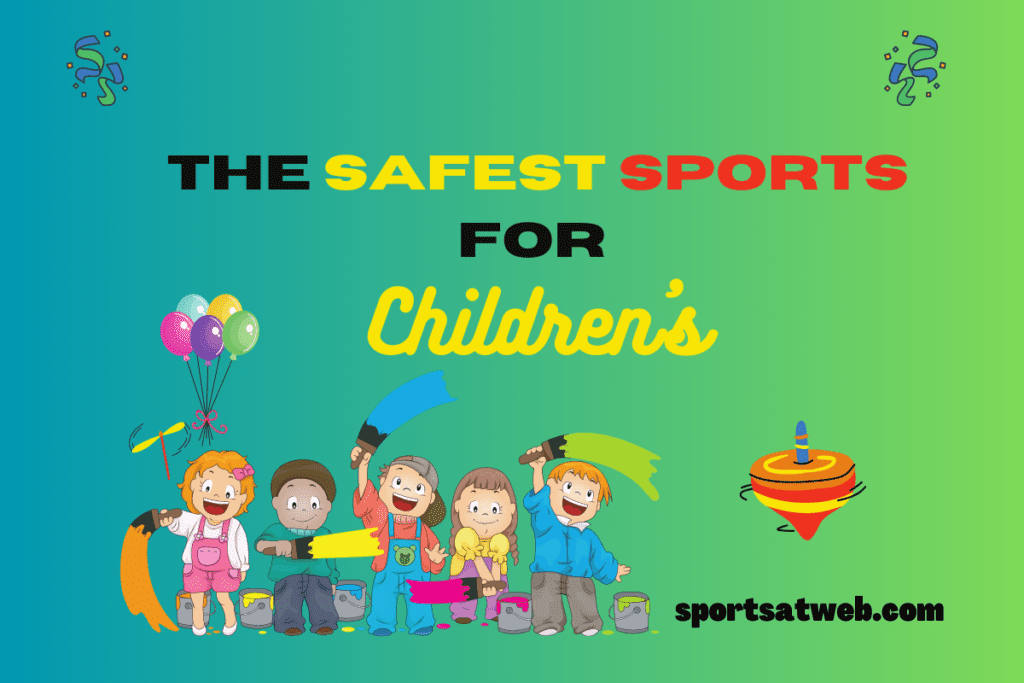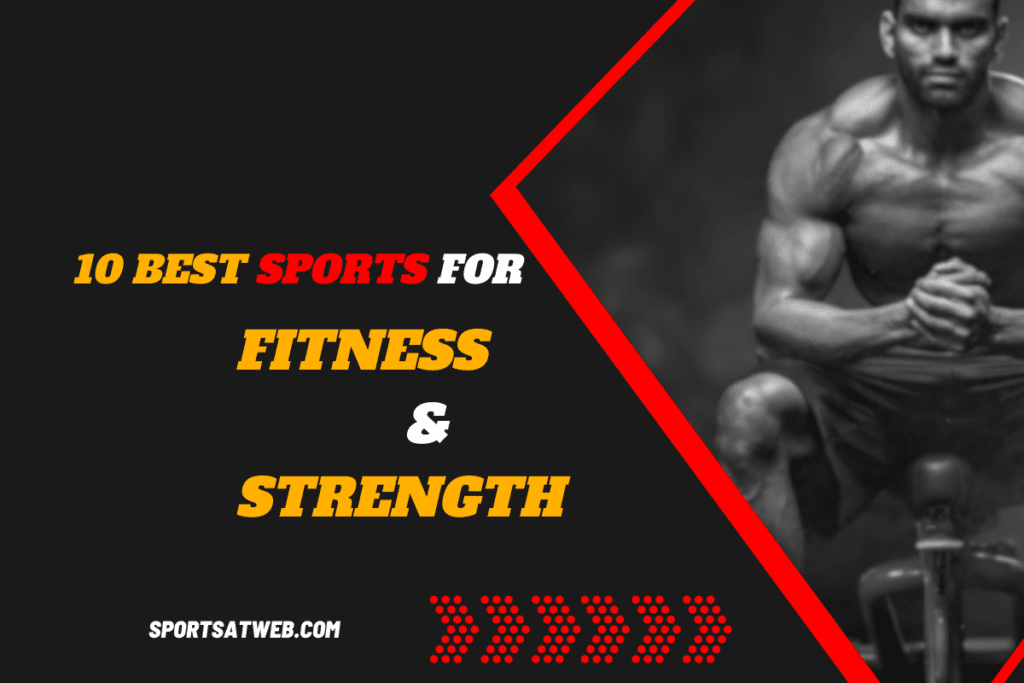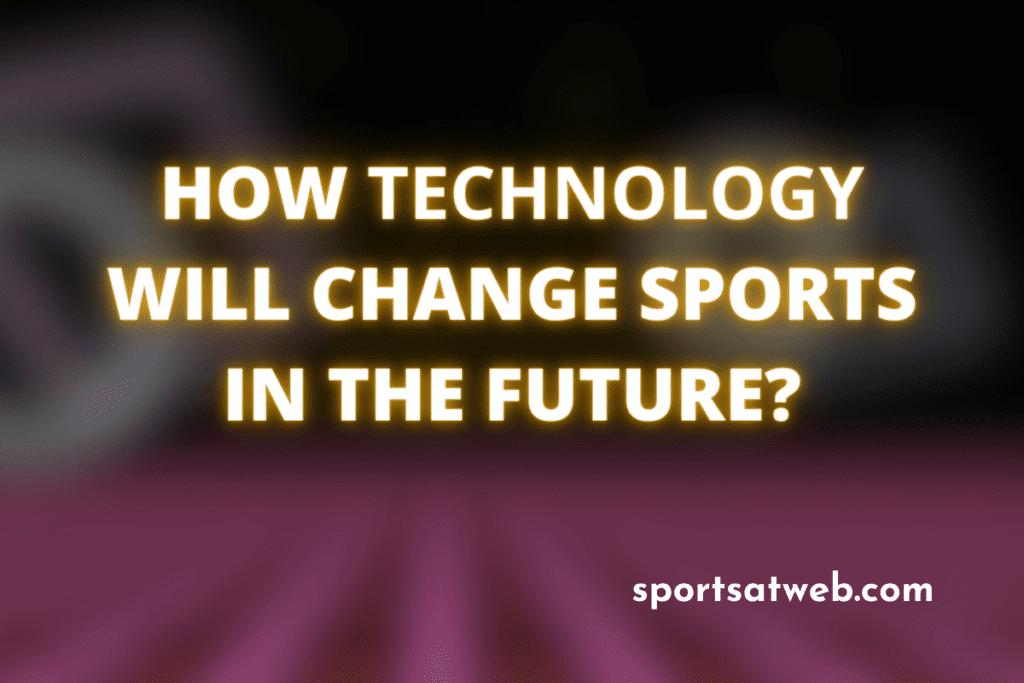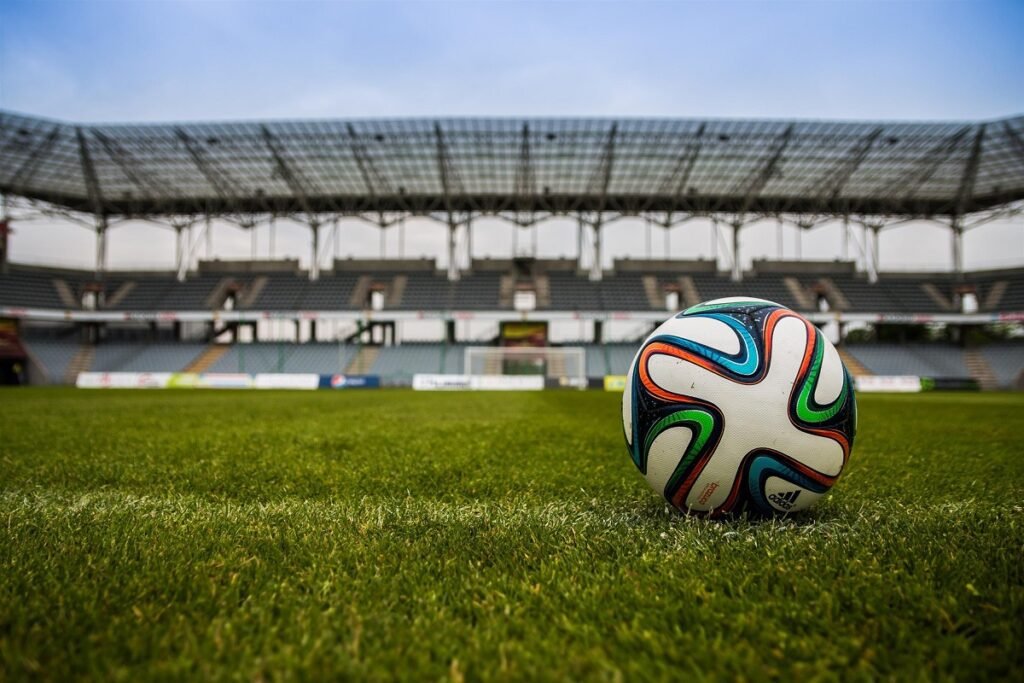Role And Impacts Of Social Media On Esports, from how players interact with their fans to how tournaments are broadcast and marketed. The rise of Twitch, YouTube and Twitter platforms has enabled esports players to reach a much larger audience and has revolutionized how tournaments are organized and broadcast. Social media has also allowed esports teams to build a global fan base and raise money for tournaments and events.

By providing a platform for fans to interact with their favourite players and teams, social media has helped to create a more vibrant and engaged esports community. Finally, social media has enabled sponsors to target potential customers and quickly increase brand awareness. All in all, social media has played an integral role in the growth and success of the esports industry.
6 Famous Social Media Platform Used In Esports

1. Facebook:
Facebook has become an important platform for esports. It connects fans and players, posts updates and announcements, and promotes events. Players use Facebook to share their gaming experiences, show off their skills, and create a community of like-minded gamers.
2. Instagram:
Instagram is a great platform for esports players to show off their gaming skills and lifestyle. Players can post photos and videos of their gaming victories and highlight their gaming successes. Instagram is also used to promote upcoming tournaments and events.
3. Twitter:
Twitter is a great platform for esports players to share their gaming experiences and for fans to follow their favourite players. Players can post updates about their gaming activities, and fans can stay updated on the latest news and developments in the esports world.
4. Twitch:
Twitch is a popular streaming platform among esports players. Players can stream their games live, allowing viewers to watch their gaming in real time. Twitch also offers interactive features that allow viewers to interact with the players in real-time.
5.YouTube:
YouTube is an important platform for esports players to share their gaming videos and for fans to watch them. Players can create gaming channels, upload videos of their gaming sessions, and get feedback from viewers. YouTube is also used to promote upcoming tournaments and events.
6. TikTok:
TikTok is a popular social media platform becoming increasingly important in the esports world. Players can use TikTok to share gaming tips, highlight their gaming successes, and engage with their fans. It’s also a great platform for esports organisations to promote their events and tournaments.
Positive Impact Of Social Media On Esports

1. Increased Engagement In Sports:
Social media has made it easier for fans to engage with their favourite teams and players, providing more opportunities for sponsorships, merchandise sales, and ticket sales.
2. Improved Fan Experience:
Social media allows teams to interact with fans in real-time, giving them the opportunity to provide feedback and get more involved in the game.
3. Enhanced Collaboration:
Social media has made it easier for teams and players to collaborate across different platforms and networks, helping to spread the word about upcoming events and important news.
4. Increased Reach:
Social media has allowed sports organisations to reach a much wider audience, helping to spread the word about their teams and players to a global audience.
5. Increased Revenue:
Social media has provided teams and players with a new way to monetize their content, allowing them to capitalise on their success and generate additional revenue.
Negative Impact Of Social Media On Esports

1. Unhealthy Competition:
Social media can create unhealthy competition among esports players, as they can compare their performance with others. This can lead to feelings of inadequacy, anxiety, and depression.
2. Cyberbullying:
Cyberbullying can occur within the esports community on social media platforms. This can lead to players feeling harassed and bullied, negatively impacting their performance.
3. Negative Interactions:
Social media can also lead to negative interactions between players, as well as between players and their fans. This can create an unpleasant atmosphere, which can be damaging to the esports scene.
4. Misinformation:
Misinformation can spread quickly on social media, leading to confusion and misunderstanding about the esports scene. This can lead to players making wrong decisions, which can have long-term consequences.
5. Addiction:
Social media can be addictive, leading players to spend too much time on social media instead of focusing on their game. This can lead to players neglecting important aspects of their gaming career, such as practice and analysis.
Conclusion:
Social media has become an invaluable tool for esports players, teams, and organizations to reach out to their fans, promote their events, and build their brands. Using social media to reach a larger audience, engage with their fans, and generate more interest in their events, players, teams, and organizations can increase their visibility, engagement, and revenue. Social media has become an integral part of the esports experience and is an important tool for anyone looking to succeed in the world of esports.

